What is Informal Education?
Simply explained Informal Education is the method and modalities of how we educate, learn, and develop. Its a very broad term which for a better understanding Informal Education can be juxtaposed to Formal Education; which most people think of in terms of school, colleges and university settings, curriculums, sitting examinations to acquire formal qualifications.
We never educate directly, but indirectly by the means of the environment… whether we permit chance environments to do the work or whether we design environments for the purpose makes a great difference.. John Dewey
A Informal Educator friend of mine, told me how he explained what he did as “Groupwork and Chat”; For me it very much depends who you’re talking to and in what context. The term Informal Education is closer to the generic term “Education“, because informal education practitioners are concerned with moving people forward as whole people who seek to understand and develop themselves, regardless of the particular focus using the skills of understanding concepts such as roles, boundaries and exchanges in conversations.
Having the ability to communicate an犀利士
d be understood in different settings as individuals, in groups, in communities and organisations has a direct relation to us being able to successfully negotiate personal development opportunities to our benefit whether they are educational, social, economic, or cultural. Informal Educators seek to create and foster learning opportunities for individuals, groups, communities and organisations where this can happen.
It can be argued that the schooling system in the UK does not provide an education that encourages the masses to enjoy or love learning; with most peoples experience of school education often described as being rigid or something that they survived which for many provided a negative outlook on their own life chances and position within society. With educational policy and infrastructure continually being used as a political tool with the curriculum and syllabus’s being revised every four to eight years; increased pressure on teachers to focus on examination results, league tables, inspection reports and school funding as issues does not necessarily lend itself to creating wholly positive experiences by the majority of pupils and students. The impact of this net negative effect in the generational attitude towards learning and education results in a macro societal lack of confidence and creativity towards a willingness to explore and try new experiences. Skilled informal education practitioners have a clear understanding of this context and as such realise that that the settings, environments and methodologies that affect how people learn can make all the difference. Create the right atmosphere, setting, learning situation and many people will exceed their expectations in participation and become motivated to learn and develop themselves more.
